More than a year's worth of 5 questions
We started the monthly Five Questions series as a way to highlight ASBMB members' diverse paths into the biotechnology, pharmaceutical and related industries. As the year draws to a close, we're looking back at the questions we asked scientists in industry and how they responded. Their answers show that there's a lot you can do with a degree in biochemistry or molecular biology that doesn't involve writing grants and lecturing to students.
They also reveal fascinating insights into the research and development that go into products we may take for granted. Members all over the world are doing interesting work at companies, such as finding biomarkers, measuring sweat cytokines and generating molecules in search of therapeutic holy grails. You can explore their work in the stories below.
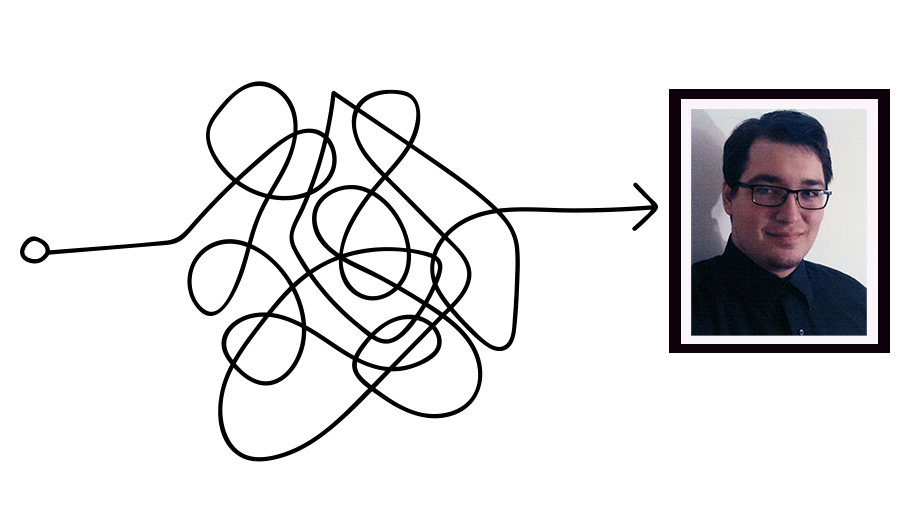
"It’s taken a lot of moves and reevaluations"
Accuracy is vital in pharmaceutical manufacturing — so much so that the reagents used to test new products must themselves be tested regularly. Donald Conover works in quality control at a Merck plant that manufactures vaccines. Read the interview.
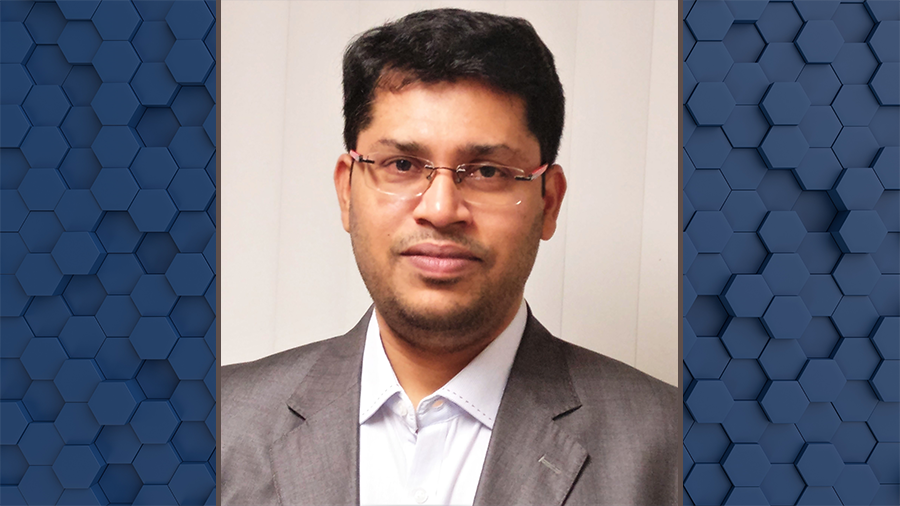
"You can survive anywhere"
After his father had a stroke, Manjunath Goolyam Basavaraj decided to study blood clotting — research with a personal connection. Read the interview.
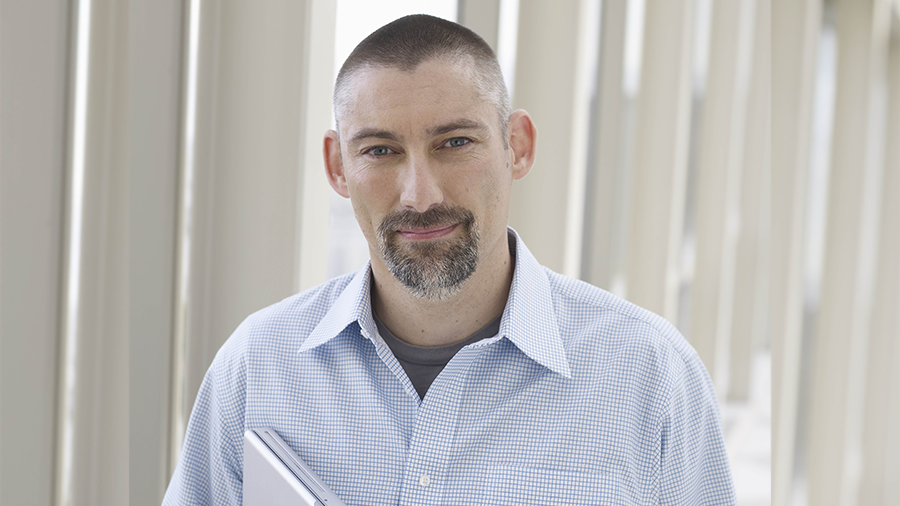
“You’ve got … to get outside of your comfort zone”
Wayne Fairbrother leads a department at Genentech tasked with validating disease-associated targets and determining whether they could be feasible for drug development. Read the interview.
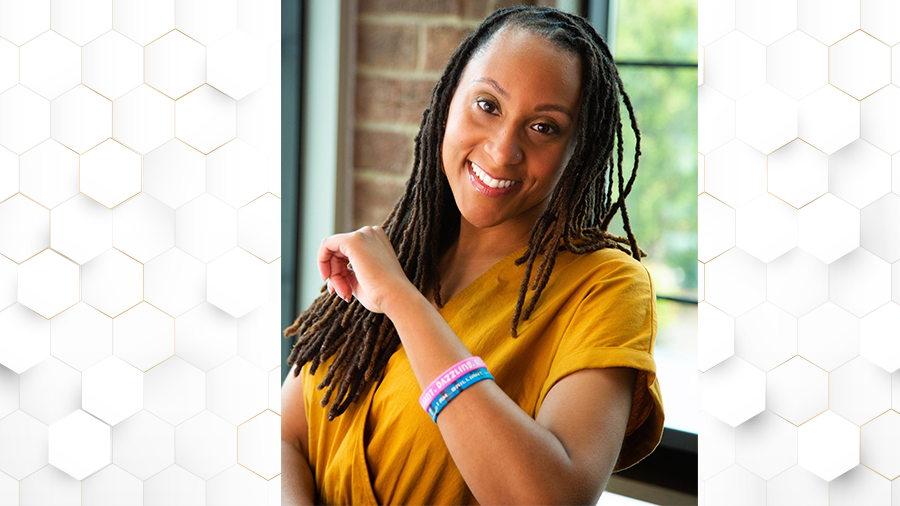
“Besides getting sweat on me at times, I have enjoyed the experience”
You have to know a lot about exercise physiology to make a good workout-recovery drink. PepsiCo’s Shyretha Brown uses biochemistry to understand the body’s responses. Read the interview.
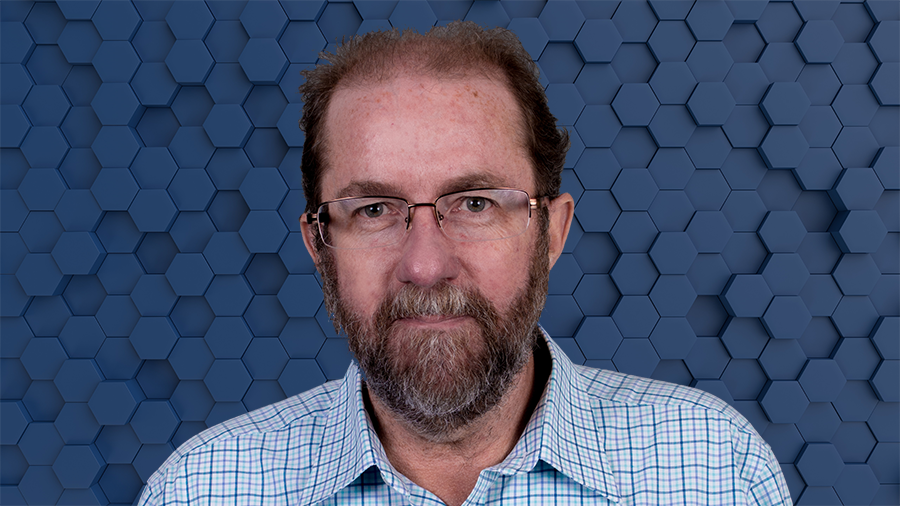
Giving labs the tools to be successful
Whether he’s studying genetic changes in astronauts or fine-tuning a forensic DNA test, Douglas Storts is always working to solve puzzles as the head of research in nucleic acids at Promega. Read the interview.
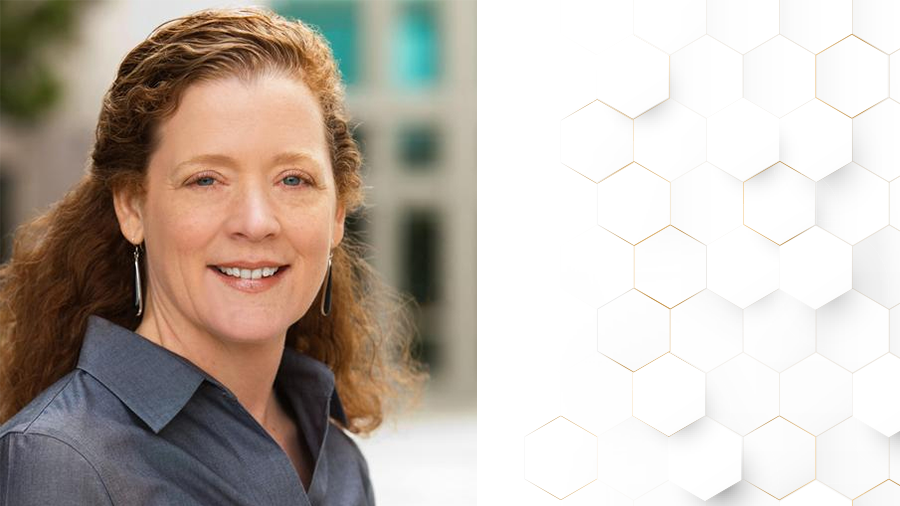
“The pleasure of my life”
Structural biologist Melissa Starovasnik shares what she learned about leadership and decision-making as a director and vice president at Genentech. Read the interview.
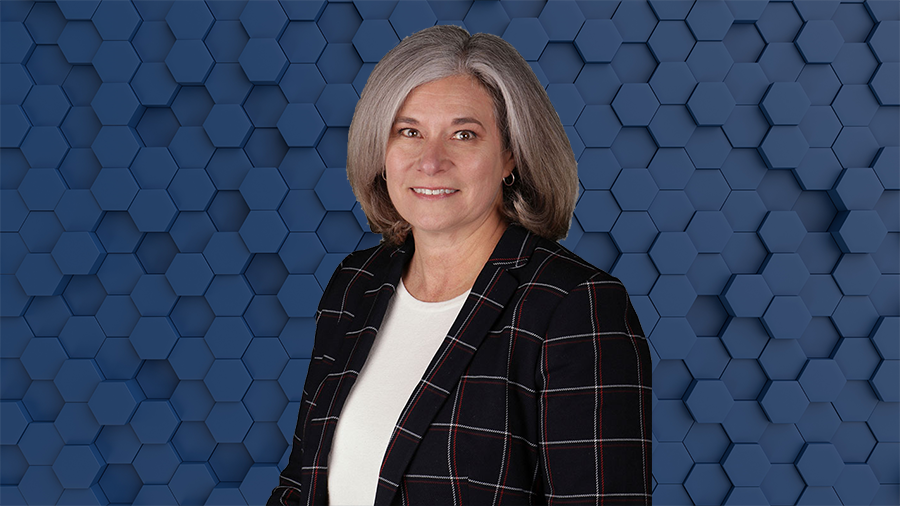
"Grad school is just the foundation"
Rebecca Krisher, global director of reproductive biology at Genus, went from developing new techniques for human in vitro fertilization to research in animal breeding. Read the interview.
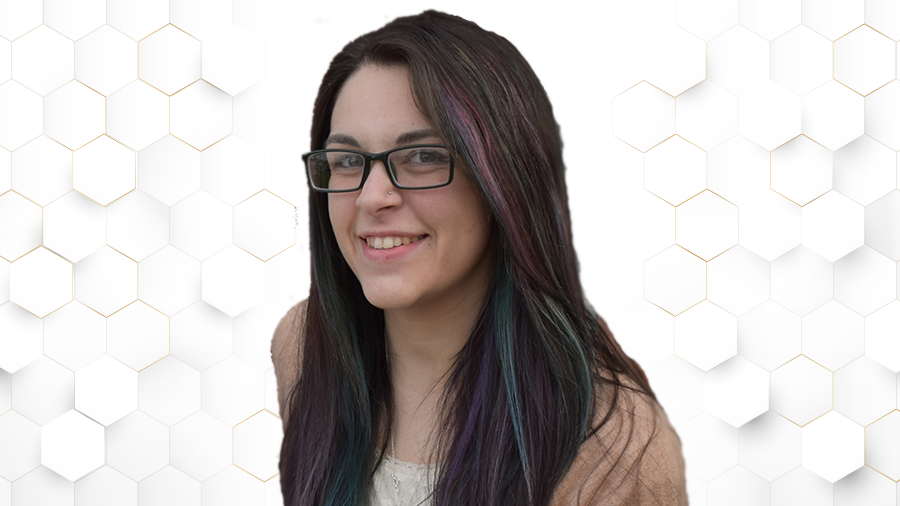
"I could be happy doing other things"
Forensic investigations, IVF embryology, custom virus production for research: Alanna Mitsopoulos has done it all. She describes her career path so far. Read the interview.
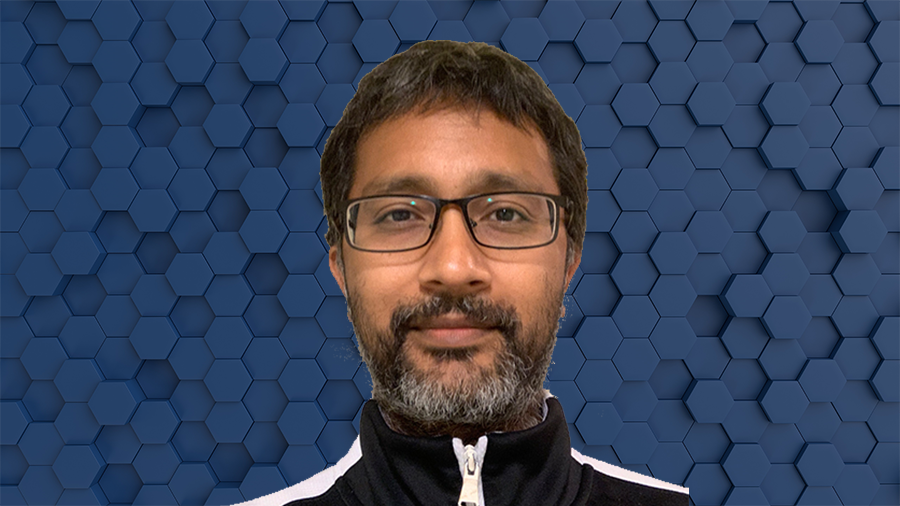
"Very, very luckily for me, this project is going well"
Glycobiologist Vijayakanth Pagadala wasn’t looking for a career in biotechnology, but he’s glad to have found one. Read the interview.
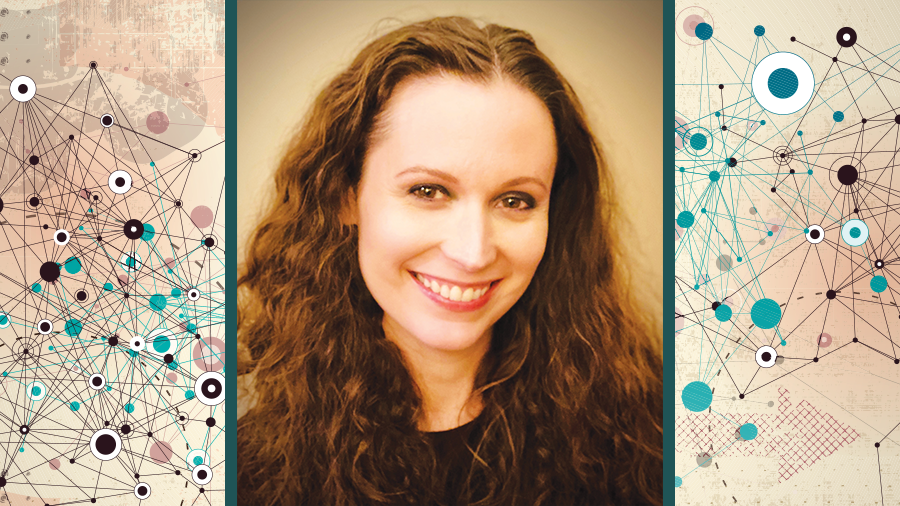
"Your diagnostic is only as good as what you understand about a disease"
Renee Yura has been busy supporting Pfizer’s COVID-19 response. She took a break to tell us about the world of diagnostics development and how she landed there. Read the interview.
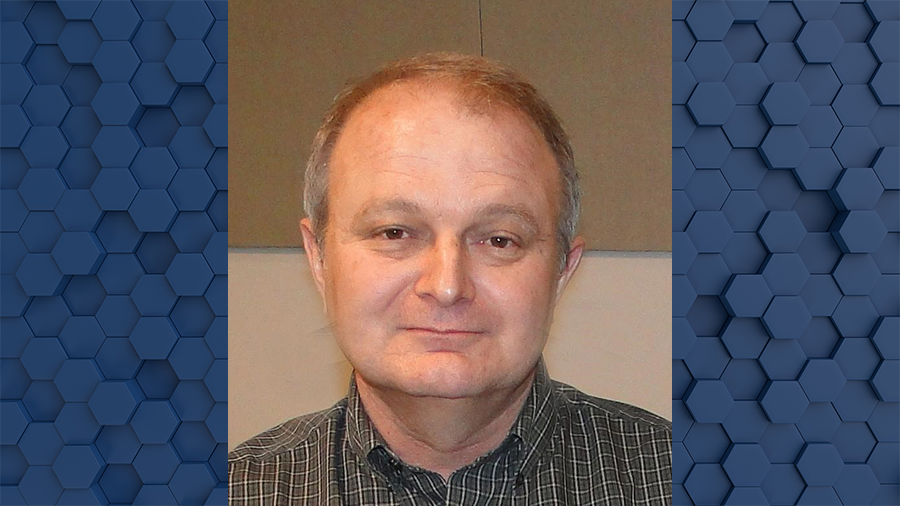
A turbulent industry
Paul Wright, a chemist whose 28-year career in the pharmaceutical industry spanned many types of roles and companies, shares what he learned along the way with ASBMB Today. Read the interview.
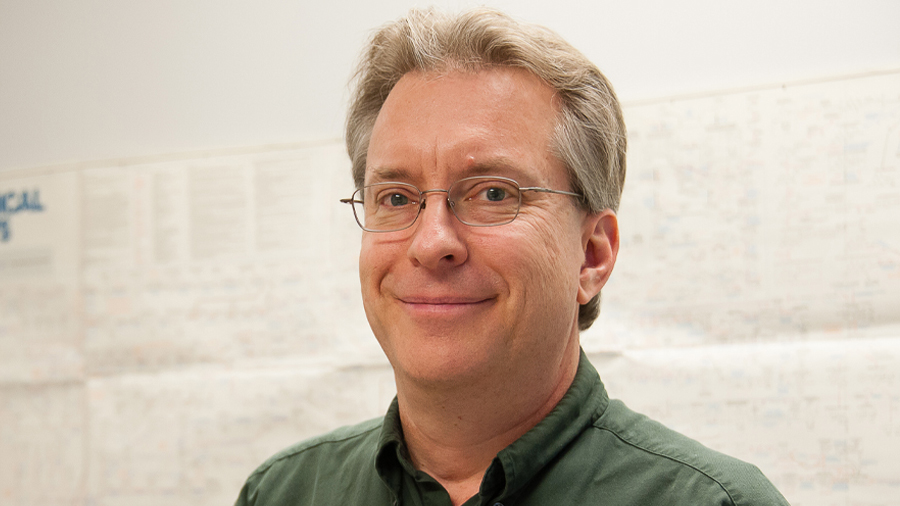
"Your diagnostic is only as good as what you understand about a disease"
Mark Harpel works in a research unit at GlaxoSmithKline that helps choose the most promising targets for new drug development. Read the interview.
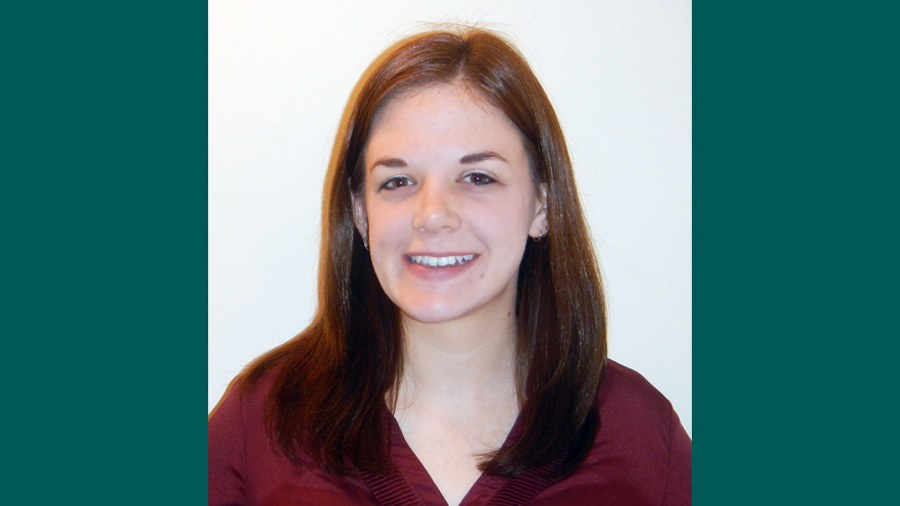
On managing and mentoring
“Everybody’s career trajectory is different, and there's no one way to do it,” says Jenna Hendershot, whose last-minute internship in grad school turned her from academic bench work to industry. Read the interview.

On managing and mentoring
Grant Blouse, senior vice president of translational research at Catalyst Biosciences, offers career advice from his experience in both a big pharmaceutical company and a smaller biotech outfit. Read the interview.
Enjoy reading ASBMB Today?
Become a member to receive the print edition four times a year and the digital edition monthly.
Learn moreFeatured jobs
from the ASBMB career center
Get the latest from ASBMB Today
Enter your email address, and we’ll send you a weekly email with recent articles, interviews and more.
Latest in Industry
Industry highlights or most popular articles

How Alixorexton could transform narcolepsy treatment
A new investigational drug, alixorexton, targets the brain’s orexin system to restore wakefulness in people with narcolepsy type 1. Alkermes chemist Brian Raymer shares how molecular modeling turned a lab idea into a promising phase 3 therapy.

Inside industry postdocs
As more Ph.D. scientists look beyond academia, industry postdocs offer a new kind of training, where mentorship meets mission-driven research. Fellows at Pfizer and Genentech share how these programs prepare them to translate discovery into impact.

Black excellence in biotech: Shaping the future of an industry
This Black History Month, we highlight the impact of DEI initiatives, trailblazing scientists and industry leaders working to create a more inclusive and scientific community. Discover how you can be part of the movement.

Attend ASBMB’s career and education fair
Attending the ASBMB career and education fair is a great way to explore new opportunities, make valuable connections and gain insights into potential career paths.
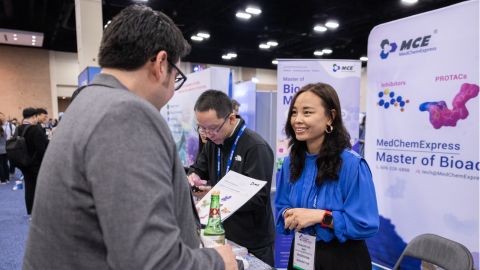
Benefits of attending a large scientific conference
Researchers have a lot of choices when it comes to conferences and symposia. A large conference like the ASBMB Annual Meeting offers myriad opportunities, such as poster sessions, top research talks, social events, workshops, vendor booths and more.
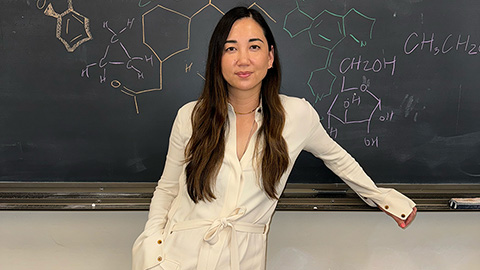
Biotech startup worms its way into therapeutics
Andrea Choe's company, Holoclara, has created an anti-inflammatory drug based on a molecule from worms.

